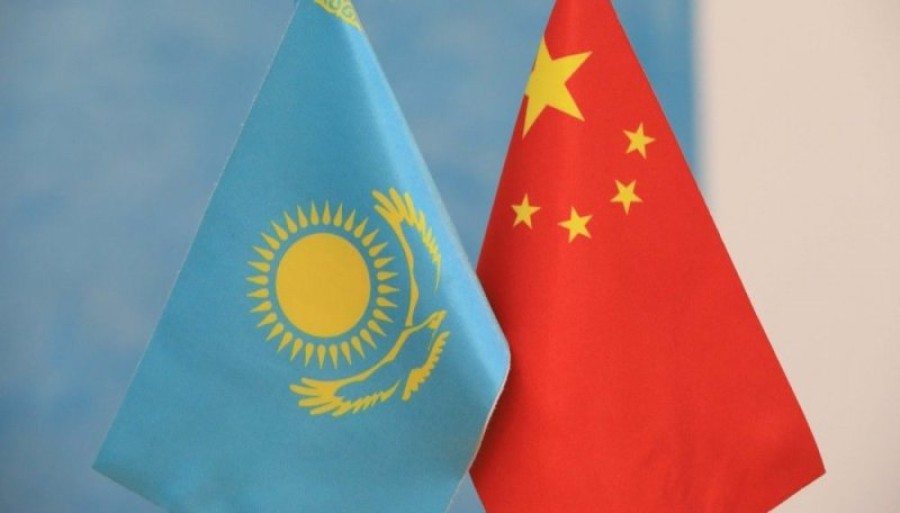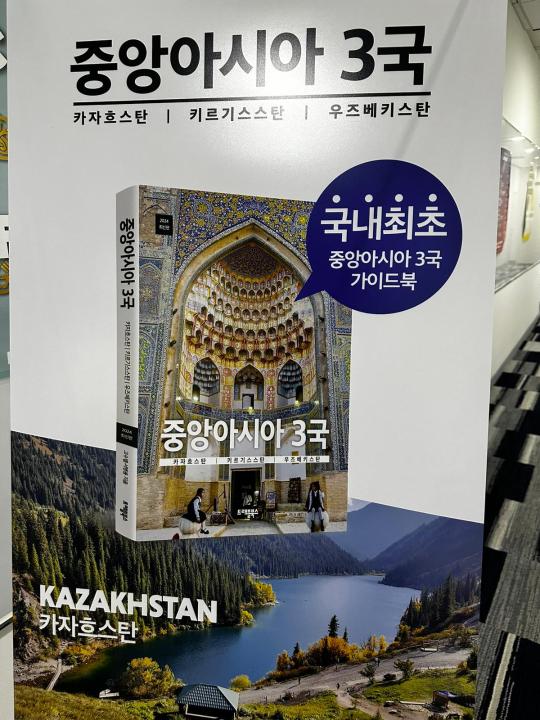When China lifted pandemic-era restrictions on travel to Vietnam in March 2023, the Vietnamese welcomed the news as it promised to increase tourism revenues and boost their economy. Prior to COVID restrictions, Vietnam had hosted 5.8 million tourists from China in 2019, and generated income in excess of $5 billion. Despite centuries of conflict, the Chinese and Vietnamese governments embraced the motto, “bury the past, open up the future,” and encouraged their people to be pragmatic and capitalize on the opportunities presented by bilateral economic cooperation.
Kazakhstan can likewise build on furthering existing opportunities for economic cooperation with China, such as visa-free travel, which came into effect in November 2023. China, the second largest economy in the world, has a growing middle class that is in search of new travel destinations. Kazakhstan, in turn, possesses many attractive sites that have the potential to become profitable tourism spots.
One aspect of this initiative could be the additional hiring and vocational training of tourism personnel, with specific attention given to Chinese tourists. The number of Chinese tourists visiting Kazakhstan has already been growing since the start of last year, and reached 85,000 YTD by November 2023. On average, each Chinese tourist spends $100 a day in Kazakhstan. According to People’s Daily, Chinese tourists are becoming more interested in traveling to countries along the Belt and Road Initiative (BRI), and Kazakhstan is among them. Convenient visa-free travel, geographic proximity, picturesque sites, low travel expenditures, and the availability of flights all make Kazakhstan an attractive destination. Moreover, tourism companies in China now offer tours that include Kazakhstan.
Possible fears among the hosting population that tourists could overstay their visas can be alleviated through the implementation of the relevant regulations in the above-mentioned agreement on visa-free travel, which limits tourists’ stay to 30 days, and allows for a 90-day cumulative stay within 180 days.
As relationships develop between these two large nations in Asia, the people of Kazakhstan can adopt the pragmatic approach of the Vietnamese with respect to the opportunities arising from increased tourism with China.
Aizada Nuriddenova is an Assistant Professor at the Social Sciences Department, SDU University, Kazakhstan and currently is a visiting scholar at the Central Asia Program, George Washington University.









